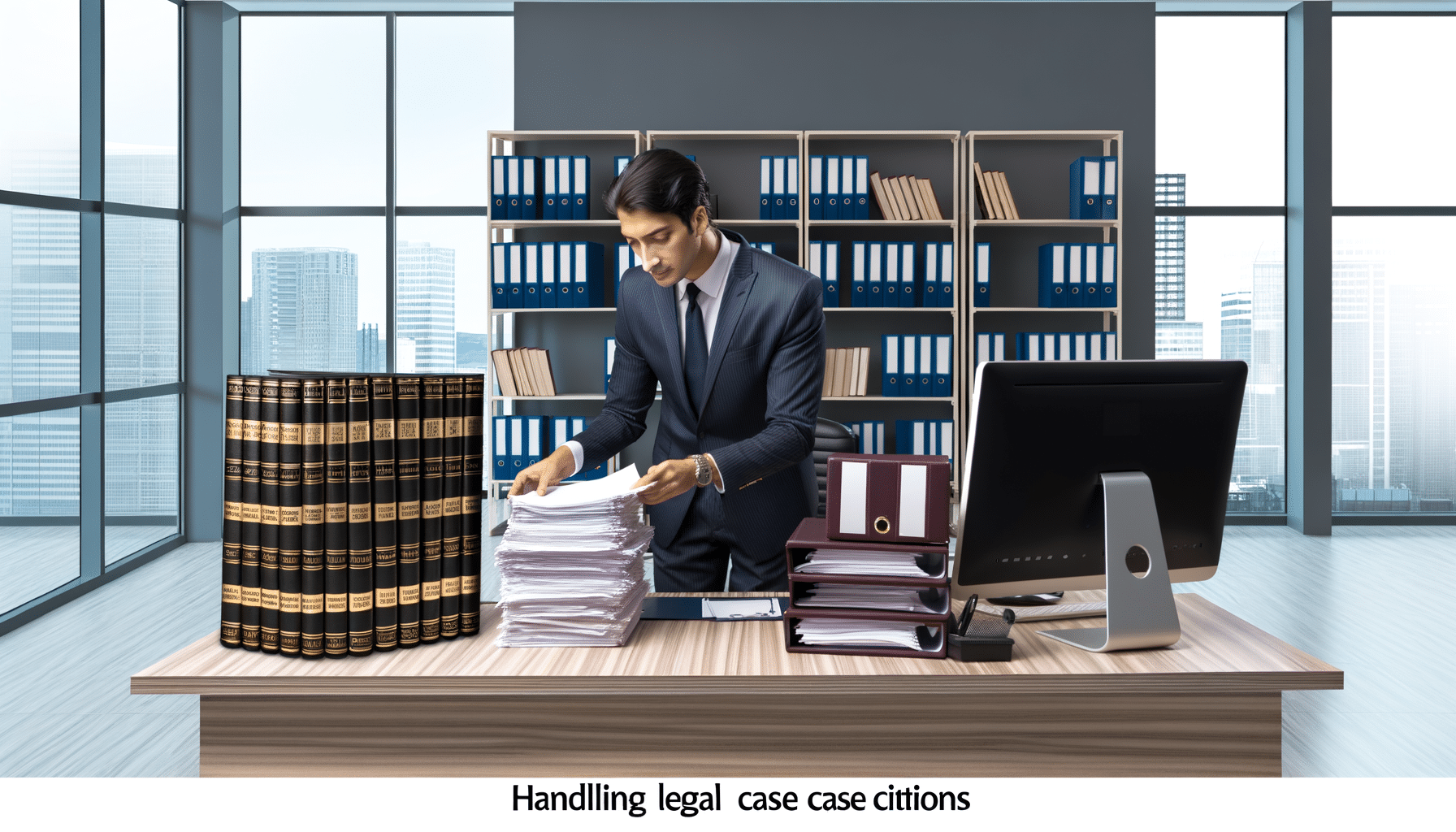- AI in Legal
- December 2, 2022
Enhancing Legal Hold Processes with Blockchain

Introduction
Navigating the intricacies of legal compliance can be daunting, especially when dealing with legal holds. In my experience as an entrepreneur and founder of RecordsKeeper.AI, I’ve seen firsthand the challenges organizations face when dealing with these complexities. Imagine transforming this cumbersome process into a streamlined, secure, and efficient operation. That’s where the revolutionary fusion of blockchain technology and legal hold processes comes into play.
Legal holds, often associated with record retention in the context of litigation, regulatory inquiries, or audits, traditionally involve a manual, time-consuming process. By integrating blockchain, we can tackle these issues head-on, ensuring data integrity and quick retrieval while driving compliance efficiency.
The Pain Points in Traditional Legal Hold Processes
Legal holds involve preserving a variety of documents and records pertinent to a legal investigation. Typically, this process can be labor-intensive, involving manual sorting and classification of records, increasing the risk of human error and data breaches.
– Records are generally scattered across multiple departments.
– Manual tracking can lead to procedural delays.
– Ensuring the immutability of documents over time is challenging.
– Compliance with various regulatory frameworks, such as GDPR and HIPAA, can be overwhelming.
By recognizing these pain points, I’ve concentrated my efforts on how blockchain’s distributed ledger technology might serve as a keystone in reinventing these processes.
How Blockchain Enhances Legal Hold
The features of blockchain create an environment where legal hold procedures can become exponentially more efficient and reliable. Here’s how:
1. Immutability and Transparency: Blockchain offers a tamper-proof environment. Once data is stored, it cannot be altered, ensuring record authenticity and building trust with stakeholders.
2. Efficient Record Management: By using blockchain, we can automate the classification and retrieval of documents, minimizing human error and ensuring only authorized personnel access sensitive records.
3. Real-time Auditing: Blockchain’s built-in audit trail allows for instant verification of records and their modifications. Whether it’s verifying new data entries or tracing the history of a document’s access, blockchain simplifies the auditing process.
4. Automated Compliance: Legal holds often need adherence to various regulations. Blockchain can automate compliance by embedding these rules within smart contracts, making it easier to enforce retention and transfer policies automatically.
With these functionalities, blockchain stands out, particularly in its ability to integrate seamlessly with automated systems, strengthening our platform’s resilience and scalability.
Implementing Blockchain in Legal Hold with RecordsKeeper.AI
At RecordsKeeper.AI, my focus has been on leveraging blockchain to modernize legal hold processes. Our platform is designed to automate and improve legal hold management across multiple facets:
Automated Categorization and Retrieval: Our AI-driven technology, coupled with blockchain, allows for the seamless categorization of documents, making retrieval both quick and accurate.
Secure Data Rooms: The enhancement of legal hold through secure, blockchain-based data rooms ensures sensitive information remains confidential, with controlled access and real-time activity logs.
Audit Logs and Reports: Blockchain’s capability of maintaining detailed, immutable audit logs means our users can generate audit-ready reports with ease, ensuring transparency throughout the process.
By drawing on these blockchain-based solutions, I’m convinced that organizations can not only improve their legal hold processes but can turn them from an operational burden into a strategic asset.
The Future of Legal Holds with Blockchain
Integrating blockchain into legal hold processes is more than just a technological upgrade; it’s a paradigm shift. I foresee a future where organizations will leverage this technology to foster greater accountability and trust across departments, helping them to mitigate risks efficiently and compellingly.
As we move forward, my mission at RecordsKeeper.AI is to continue pushing the boundaries of record management, harnessing blockchain to not only simplify processes but also empower businesses to embrace transparency and security.
Conclusion
The infusion of blockchain technology in legal hold processes promises a blend of security, efficiency, and compliance that traditional methods struggle to achieve. As a proponent of change and innovation, I invite all legal, finance, and compliance heads to explore RecordsKeeper.AI. See how it could transform cumbersome legal holds into manageable, automated processes and elevate your organization’s operational paradigm. For continual insights and to engage further with the world of technology-driven records management, I encourage you to follow me on this unfolding journey.
Toshendra Sharma is the visionary founder and CEO of RecordsKeeper.AI, spearheading the fusion of AI and blockchain to redefine enterprise record management. With a groundbreaking approach to solving complex business challenges, Toshendra combines deep expertise in blockchain and artificial intelligence with an acute understanding of enterprise compliance and security needs.
Related Posts


Archives
- January 2025
- December 2024
- November 2024
- October 2024
- September 2024
- August 2024
- July 2024
- June 2024
- May 2024
- April 2024
- March 2024
- February 2024
- January 2024
- December 2023
- November 2023
- October 2023
- September 2023
- August 2023
- July 2023
- June 2023
- May 2023
- April 2023
- March 2023
- February 2023
- January 2023
- December 2022
- November 2022
- October 2022
- September 2022
Want to get more content like this?
Signup to directly get this type of content to your inbox!!
Latest Post
Document Control for Equipment Maintenance
- January 20, 2025
Managing Records for Multiple Clients
- January 19, 2025
Handling Conference Documentation
- January 18, 2025
Setting Up Department Record Reviews
- January 17, 2025





